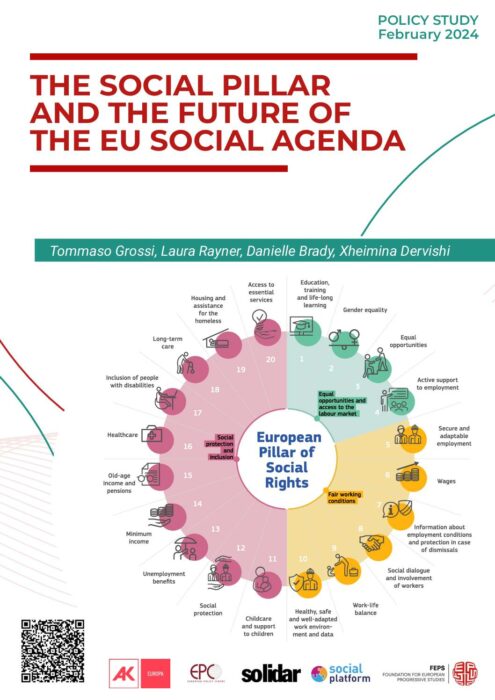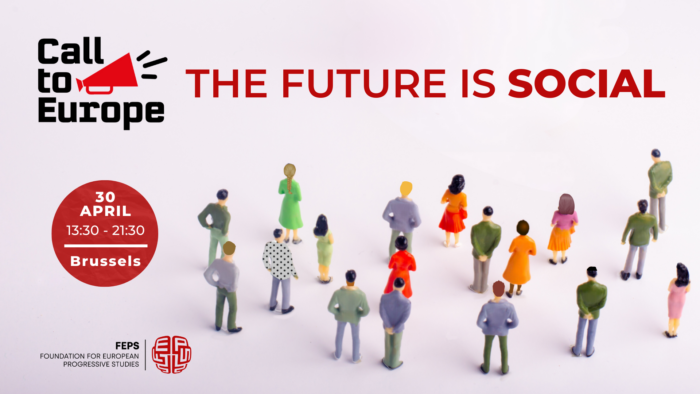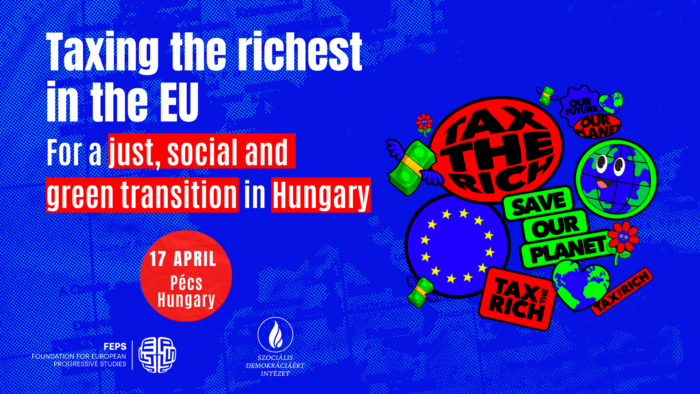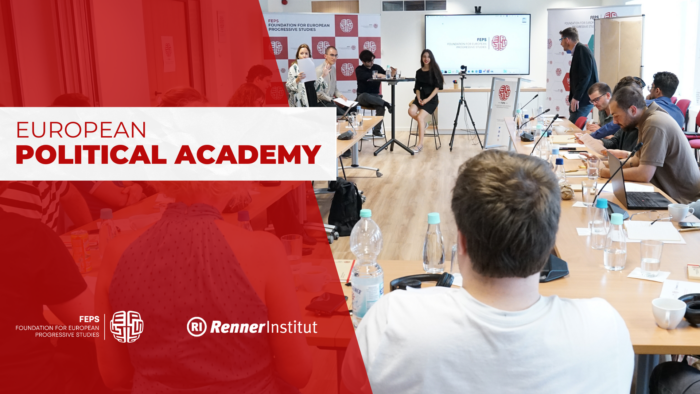Find all related publications
Publications
Find all related events
Events
Find all related news
News
Find all related in the media
In the media
Socialistas europeos reclaman que la Europa social sea la prioridad de la futura Comisión
by EuroEFE 09/11/2023












